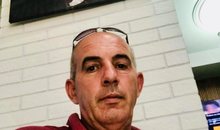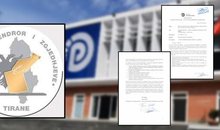
 Flash News
Flash News
Fire breaks out in a building in Astir
KAS rejected the request for a recount of votes, Alimehmeti sues the CEC in the Electoral College
Mahmut Orhan brings a unique experience with Curious X
Six police officers are sent to court, they did not impose fines even though they saw violations
Murder of Martin Cani/ 5 minors called to testify in Court, perpetrator denies charges
Lack of independent media undermined elections, observers say
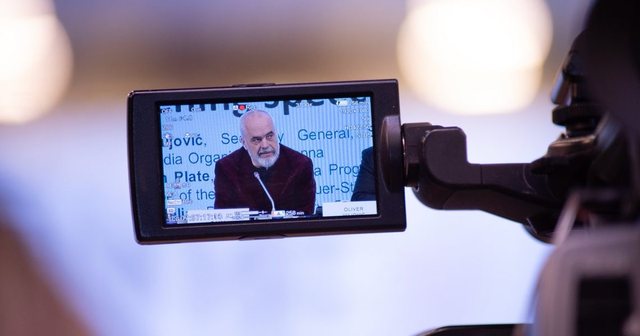
The lack of a healthy media environment for diverse information on electoral offers for Albanians, the malfunctioning of legal mechanisms that should guarantee the existence of independent media, and the controversial decision of Prime Minister Edi Rama's government to close the social network Tiktok shortly before the start of the election campaign were some of the problems that undermined democratic standards in Sunday's elections and brought the most critical report in a long time from the international factor.
The report notes with concern the presence of funding from unidentified sources in some media outlets, the control of advertising for political reasons, the verbal and often physical attacks by political leaders against journalists, and the lack of access of small parties to the media.
Albanians voted on Sunday, May 11, in parliamentary elections, which the ruling Socialist Party won with a simple majority of votes, while the division of the country into 12 electoral districts gave it the advantage of an almost qualified parliamentary majority, which is expected to cause additional trouble for Albanian democracy due to the possibility of Rama unilaterally changing the rules of the game in the coming years.
The OSCE/ODIHR report, published on Monday, pointed to abuses of state power and resources by the ruling party and voter intimidation by the army of patronage agents as problems that made the elections “not in line with international standards,” but a particularly strong criticism in the report concerns the media, the freedom to impart and receive information, and the quality of information received.
“The independence, diversity and integrity of the news available to voters are eroded by the dependence of most media on non-transparent funding from political or business interests, which are often based on public contracts,” the report says.
“The concentration of media ownership further undermines the pluralism of news sources, contrary to international standards,” OSCE/ODIHR experts note.
The media environment of a country should have numerous media outlets with diverse information, including information from political or social actors who do not belong to the mainstream, which is actually not found in Albania. The media outlets are not few, if you look at the number of television stations, but the information provided in them is not diverse, because it is the same information provided in many media outlets at the same time.
“News reporting is often replaced by materials prepared by government bodies, which undermines editorial integrity. The Media and Information Agency, an agency under the prime minister, centralizes and filters information published by the government and public institutions,” the report says.
“Furthermore, journalists report that their access to government representatives, including the prime minister, is shrinking, with the number of press conferences reduced and journalists occasionally barred from participating in public events, contrary to international standards.”
The Albanian government prohibits journalists from conducting independent filming at public events, such as Rama and the Socialist Party’s electoral rallies, where the prime minister’s bodyguards and staff physically prevent the use of cell phones or other video recording devices. This has turned the media “reporting” of the campaign into a giant theater in which citizens can only see what the prime minister wants, but on various televisions and portals.
“According to most ODIHR interlocutors, campaign footage was provided by political parties. On the television stations monitored by ODIHR, none of these news reports were marked as such, as required by the Electoral Code, and no measures were taken by the Central Election Commission in this regard.”
The report notes with concern reports that some of the interviews with election candidates broadcast in various media outlets were in fact paid, which is against the law.
“The appearance of election contestants in the news and paid coverage is de facto equivalent to political advertising and disadvantages contestants with fewer financial resources,” the report notes.
One of the key issues that seems likely to derail Sunday's election is the government's decision to block access to the social network TikTok just weeks before the election. The government says it took the decision to combat bullying in schools, following the tragic murder of a teenager last December, but many believe the ban is related to the electoral campaign, because TikTok, as a new social media, values content and gives visibility to user-generated materials in exchange for revenue, while older social media, such as Facebook and Twitter, do not give visibility to content produced by, say, parliamentary candidates, as they are mature businesses and require advertising. In short, TikTok provides visibility that Facebook and others do not.
“The decision of the Council of Ministers on March 6 to temporarily block access to TikTok is a broad ban and inconsistent with international standards,” the report states.
"Ultimately, the restrictive media environment and failure to implement legal requirements in good faith prevented voters from receiving complete, independent, and diverse information about the electoral race," the report states./Reporter.al
Latest news

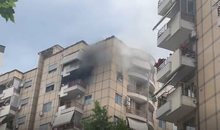
Fire breaks out in a building in Astir
2025-06-02 20:22:46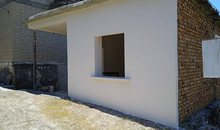
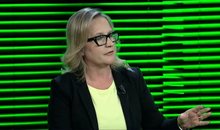
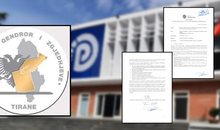

Two women threaten the Saranda prosecutor in her office
2025-06-02 19:09:20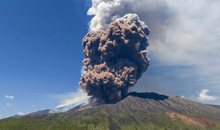
Etna wakes up again, the most active volcano in Europe erupts
2025-06-02 19:00:36
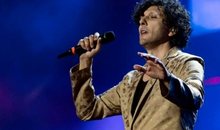

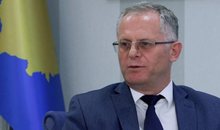
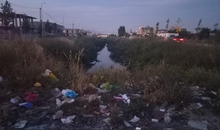
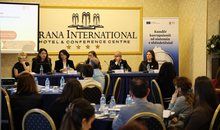
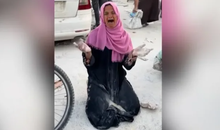
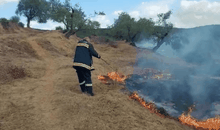
Fire reactivates in Darëzeza forest, firefighting efforts impossible
2025-06-02 17:28:29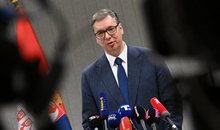

Cultivating cannabis on a plot, 35-year-old arrested in Mirdita
2025-06-02 16:59:27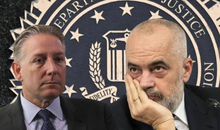
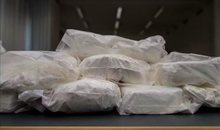
Switzerland/ Albanian caught with drugs worth over 1 million euros
2025-06-02 16:50:38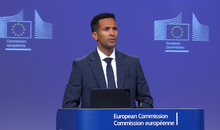
Kosovo-Serbia dialogue meetings resume in Brussels
2025-06-02 16:32:44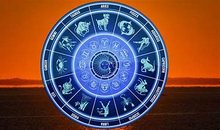
The VPN Era in Albania: How the TikTok Ban is "Failing", Video Views Increase
2025-06-02 16:26:36
Mahmut Orhan brings a unique experience with Curious X
2025-06-02 16:19:55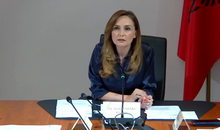

Businesses "forgot" to pay for elections, liabilities reached 4.7 billion lek
2025-06-02 15:50:27
Photo/ Caught with cocaine, Albanian arrested in Britain
2025-06-02 15:31:12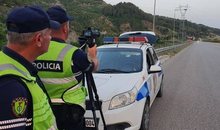
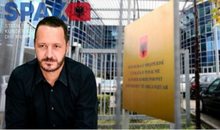

He violently opposed police officers, 39-year-old arrested in Vlora
2025-06-02 15:04:28

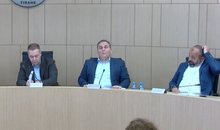
DP demands Rusmal's expulsion from KAS, Logu: It is biased, Begaj's advisor
2025-06-02 14:37:24
Anemia is increasing in the population
2025-06-02 14:32:18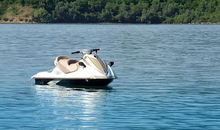

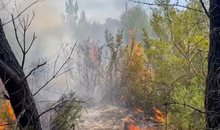
Fires in Darëzezë reactivate, wind spreads flames
2025-06-02 13:57:33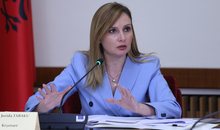

Traffic jams and over 14 thousand fines, Traffic Police take stock of the week
2025-06-02 13:40:51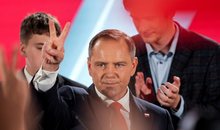
Eurosceptic Nawrocki wins presidential election in Poland
2025-06-02 13:33:27

Hysaj: Against Serbia with calm and courage, this match is for national pride
2025-06-02 13:14:41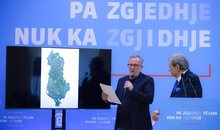

Bulgaria defies chaos and continues on path to euro
2025-06-02 12:53:28
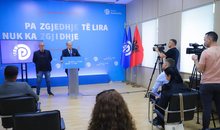

Elected MP, Tedi Blushi resigns from Tirana Municipal Council
2025-06-02 12:29:36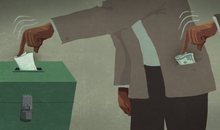
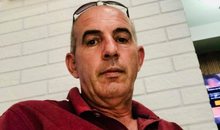
Murder in Tale, the author of the execution of Pjetër Kazaj is identified
2025-06-02 12:07:27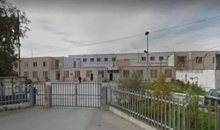
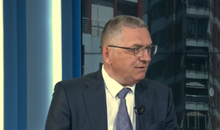
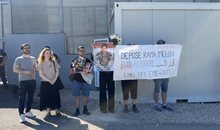
'Justice for Hamid': Activists protest against Gjadri camp
2025-06-02 11:41:26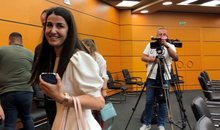
The draw is made, judge Elsa Ulliri will judge the "Partizani" case
2025-06-02 11:26:52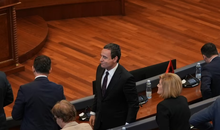
The 25th attempt to constitute the Kosovo Assembly also fails
2025-06-02 11:12:29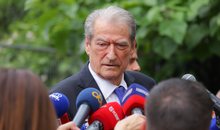

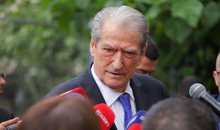
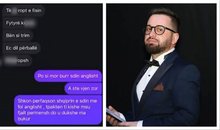
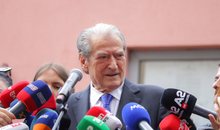
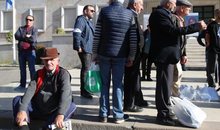
Coefficients, how calculations are made for newly retired people
2025-06-02 10:11:17
Two vehicles burned in Maliq, arson suspected
2025-06-02 10:00:03

Logu: They deny us transparency about the May 11th farce!
2025-06-02 09:44:46
Ten ways to feel energized if even coffee doesn't work for you
2025-06-02 09:33:49
I shpallur në kërkim për llogari të Kosovës, arrestohet i riu nga Tepelena
2025-06-02 09:24:39
African heat wave begins in Albania, meteorology warns of dry summer
2025-06-02 09:11:48
Foreign exchange, how much foreign currencies are sold and bought today
2025-06-02 09:02:45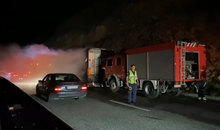
Truck catches fire on 'Rruga e Kombit', driver escapes
2025-06-02 08:56:21
On the May 11 electoral farce in Albania
2025-06-02 08:47:54
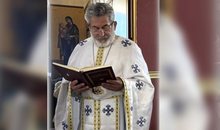
Priest Kristaq Vaso dies after falling from church roof in Korça
2025-06-02 08:32:29

Horoscope, what do the stars have in store for you today?
2025-06-02 08:10:47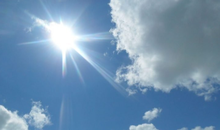
Stable weather across the country, weather forecast
2025-06-02 07:59:25
Morning Post/ In 2 lines: What mattered yesterday in Albania
2025-06-02 07:46:43
Official, Juventus appoints Damien Comolli as general director
2025-06-01 21:57:45
"Russia could attack NATO in the next 4 years," warns German defense chief
2025-06-01 21:34:42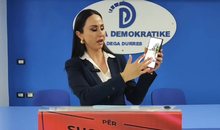
Kuçana: Opposition candidates have been threatened by "Rama's gangs in Shkozet"
2025-06-01 21:11:15
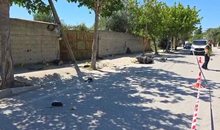

15-year-old injured in shooting at Ali Demi's pizzeria, details from police
2025-06-01 19:51:19
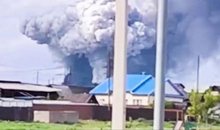
Russia accuses Ukraine of 'terrorist attack' on air bases
2025-06-01 18:57:24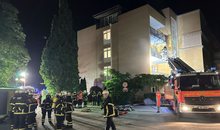
A hospital in Hamburg, Germany, catches fire, killing three patients
2025-06-01 18:32:28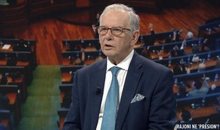
Nesho: Rama's autocratic regime has not allowed free elections to take place
2025-06-01 18:10:23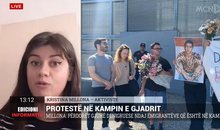
Moroccan immigrant's suicide, activist: There are inhumane conditions in Gjadra
2025-06-01 17:49:32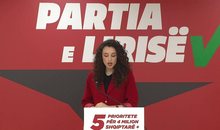
World Bank Report, PL: Confirms that the majority of Albanians live in poverty
2025-06-01 17:23:56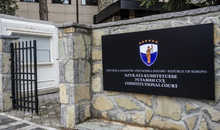
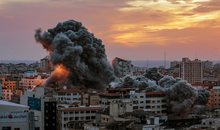
31 dead after Israeli attack near Gaza aid center
2025-06-01 16:40:30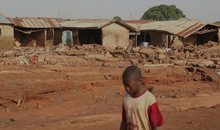
At least 150 dead in Nigeria floods
2025-06-01 16:14:26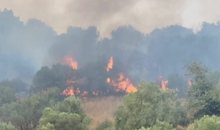
Flames engulf the Darëzeza forest massif in Fier
2025-06-01 15:56:41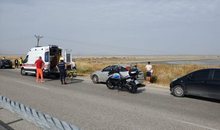
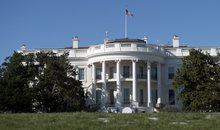
SHBA-ja i dërgon Iranit një propozim për marrëveshje bërthamore
2025-06-01 14:54:11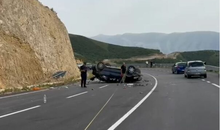
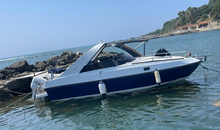
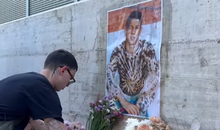
Moroccan immigrant commits suicide, activists protest in front of Gjadri camp
2025-06-01 13:48:17
PSG victory celebrations turn into tragedy, two dead, over 500 arrested
2025-06-01 13:26:33

Kosovo-Albania arms trafficking, Tirana Court leaves 8 arrested in prison
2025-06-01 12:41:11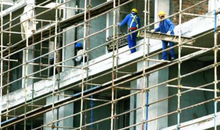
Foreign worker dies at work, engineer of construction firm arrested in Tirana
2025-06-01 12:20:27
Car hits motorbike, 25-year-old dies in Bilisht
2025-06-01 11:56:56